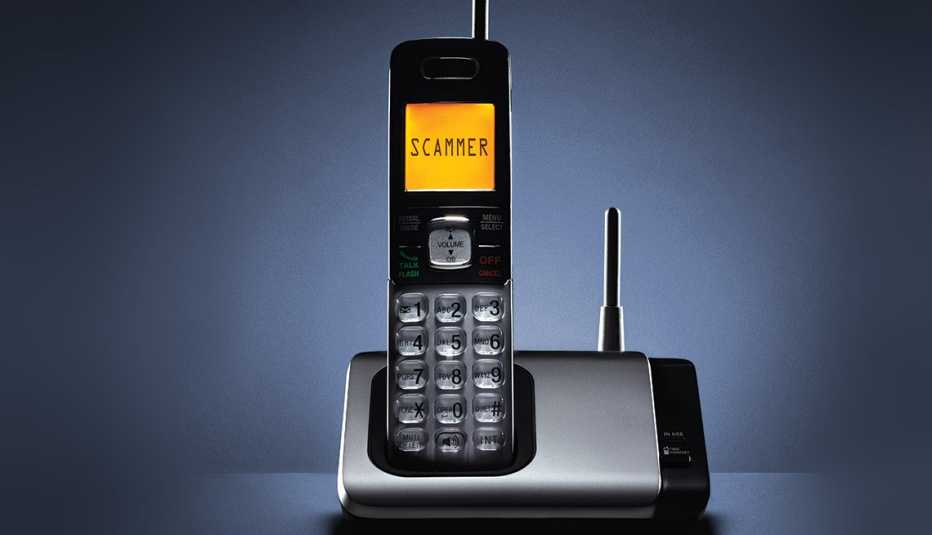Staying Fit


According to a survey by True Link Financial, older Americans are criminally defrauded of $12.76 billion annually. This includes identity theft and all those crazy scams you hear about but smugly think will never work on you.
Do you consider yourself friendly? Thrifty? Financially sophisticated? If you answered "yes" to any of these questions, then according to that same survey you are more likely to be defrauded because you may give strangers the benefit of the doubt, are more enticed by bargains and are comfortable moving larger amounts of money around.


AARP Membership— $12 for your first year when you sign up for Automatic Renewal
Get instant access to members-only products and hundreds of discounts, a free second membership, and a subscription to AARP the Magazine.
The next scam victim could be you. Here's what to watch out for in the new year and, most important, how to protect yourself.
1. Tech support
This just might be the biggest consumer scam in the U.S. right now. According to Microsoft, in 2015 an estimated 3.3 million people — many of them seniors — were victimized by a tech-support con, at a total cost of $1.5 billion. That's one American duped out of an average $454 nearly every 10 seconds.
Here's how the scam typically unfolds: You get an unsolicited call from someone claiming to be with Microsoft or Windows tech support, who says viruses have been detected on your computer. In order to protect your data, you are told to immediately call up a certain website and follow its instructions. A dummy screen may appear that shows viruses being detected and eliminated, but in reality malware is being installed that allows the scammer to steal your usernames and passwords, hold your data for ransom or even use the webcam to spy on you.
Your Plan: Hang up the phone. "Neither Microsoft nor our partners make unsolicited phone calls," says Courtney Gregoire, senior attorney at the Microsoft Digital Crimes Unit. Also, don't click any links in unsolicited emails from "Microsoft" or in pop-up ads promising to speed up your computer. "And if you haven't downloaded Windows 10 or the latest version of OS X, do it," says William Woodworth with Best Buy's Geek Squad. "Each update is free and has lots of new security built in." Ditto for any other software programs you're running.
2. Silent call
Has this been happening to you? The phone rings, you pick it up, say "hello," but there's no one on the other line. It's a new type of robocall — an automated computer system making tens of thousands of calls to "build a list of humans to target for theft," according to the Financial Fraud Research Center. It's the first step in opening you up to many of the phone-based scams discussed in this article.
Your Plan: If you haven't already done so, ask your phone company to put caller ID on your landline. Then simply screen your calls, and don't pick up if the number is unfamiliar.
3. IRS impostor
The IRS imposter scam is still going strong. "It's our number one reported fraud right now," says Amy Nofziger with AARP Foundation and Fraud Watch Network, "and I think it'll get more sophisticated." Here's how it works: Someone claiming to be from the IRS either phones or leaves a voice message saying you owe back taxes and threatening that, unless funds are wired immediately, legal action will be taken or you'll be arrested. (Or they may say you have a refund waiting but need to verify personal info before sending.)
"They're very convincing," says Nofziger, "and they often use aggressive language." And let's be honest, beyond the intimidation factor, who doesn't feel guilty about fudging something on a 1040 at some point? Plus, scammers are getting more devious: Sometimes "IRS" shows up on caller ID, the con artists supply their "badge numbers" and they know the last four digits of your Social Security number.


































































More From AARP
Once, Twice, Three Times a Fraud Victim
AARP report explores chronic victimization — and ways to fight it